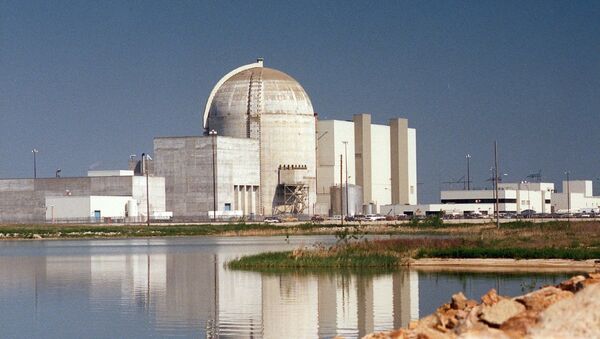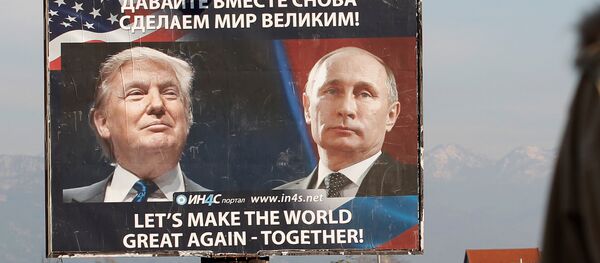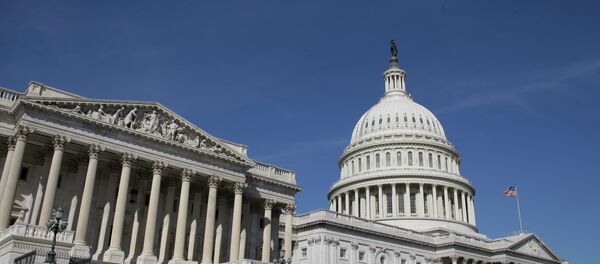Hackers presumed to be working for a foreign government have penetrated the computer networks of at least a dozen nuclear and other energy facilities in the United States, the New York Times and Bloomberg have reported. The targeted plants included the Wolf Creek nuclear facility in Kansas, according to a joint report by the Department of Homeland Security and the Federal Bureau of Investigation obtained by NYT.
The joint DHS and FBI report was unable to confirm whether the cyberattack was an attempt at espionage, or a search for vulnerabilities in the US electrical grid.
Bloomberg picked up and ran with the 'Russians did it' angle, citing three more anonymous sources familiar with the situation who said that Moscow was "the chief suspect" in the attack. Former and current officials told the news agency that the Russian trace was "particularly worrisome" in light of Russian hackers' extensive experience with taking down electric grids, and their apparent access to "increasingly advanced tools to disrupt power supplies."
Representatives from the National Security Council, the Director and National Intelligence and the Nuclear Regulatory Commission declined to comment on the hacking attack. Meanwhile, several private security firms studying the data on the attacks have failed to link the work to a particular country or hacking collective.
Sean McBride, a lead analyst for global cybersecurity firm FireEye Inc. told Bloomberg that for now, his company can't tie the hack to any known group. "It's not to say it's not related, but we don't have the evidence at this point," the expert said.
Commenting on the power plant hack story, Radio Sputnik observer Ilya Kharlamov pointed out that it was extremely convenient that yet another 'Russian hackers' story has come to light, just hours ahead of the much anticipated first meeting between Presidents Putin and Trump. The hack attack, he warned, threatens to disrupt any attempts to get Russian-US relations back on track.
In fact, Kharlamov suggested, the cyberattack story, and the timing of its leak to the press, may very well be a direct provocation by US hawks inclined toward preserving their confrontation with Russia – a kind of unpleasant surprise for the two leaders ahead of their meeting.
"Of course, no evidence to the dumbfounded American and world public has been presented," Kharlamov stressed. "However, who needs evidence when the conversation turns to a 'global villain' such as Russia? Moscow, as we all know, is guilty a priori. One might have a laugh at and forget about this immensely absurd story…But this sort of accusation is more serious even than the insinuations about Russian attempts to influence the US presidential election. This is no longer just a half-baked political story featuring dubious arguments from Washington, but a question of the security of the United States and its citizens – a question of life and death," the journalist noted.
Accordingly, Kharlamov warned, such claims may result in serious repercussions, setting the American public against Russia, which is now accused of being a physical danger to the US. "Against the background of this sort of 'story', the hacking scandals around last year's elections, and of Trump's imaginary ties with Moscow, pale in comparison. Factually, this is the beginning of a new full-scale Cold War, when one party, it is said, poses a mortal threat to the other."
"It's obvious that this story appeared in a very timely manner – just before the meeting between Vladimir Putin and Donald Trump in Hamburg. And this is another link in the chain, meant to block any chance of establishing relations with Moscow," the observer added.
Ultimately, the door to improving relations is not fully closed for Moscow and Washington, according to the journalist. Still, the more evidence-free claims the deep state and their mainstream media allies concoct, the more difficult it becomes for any US officials, Trump included, to reach out to Moscow.






